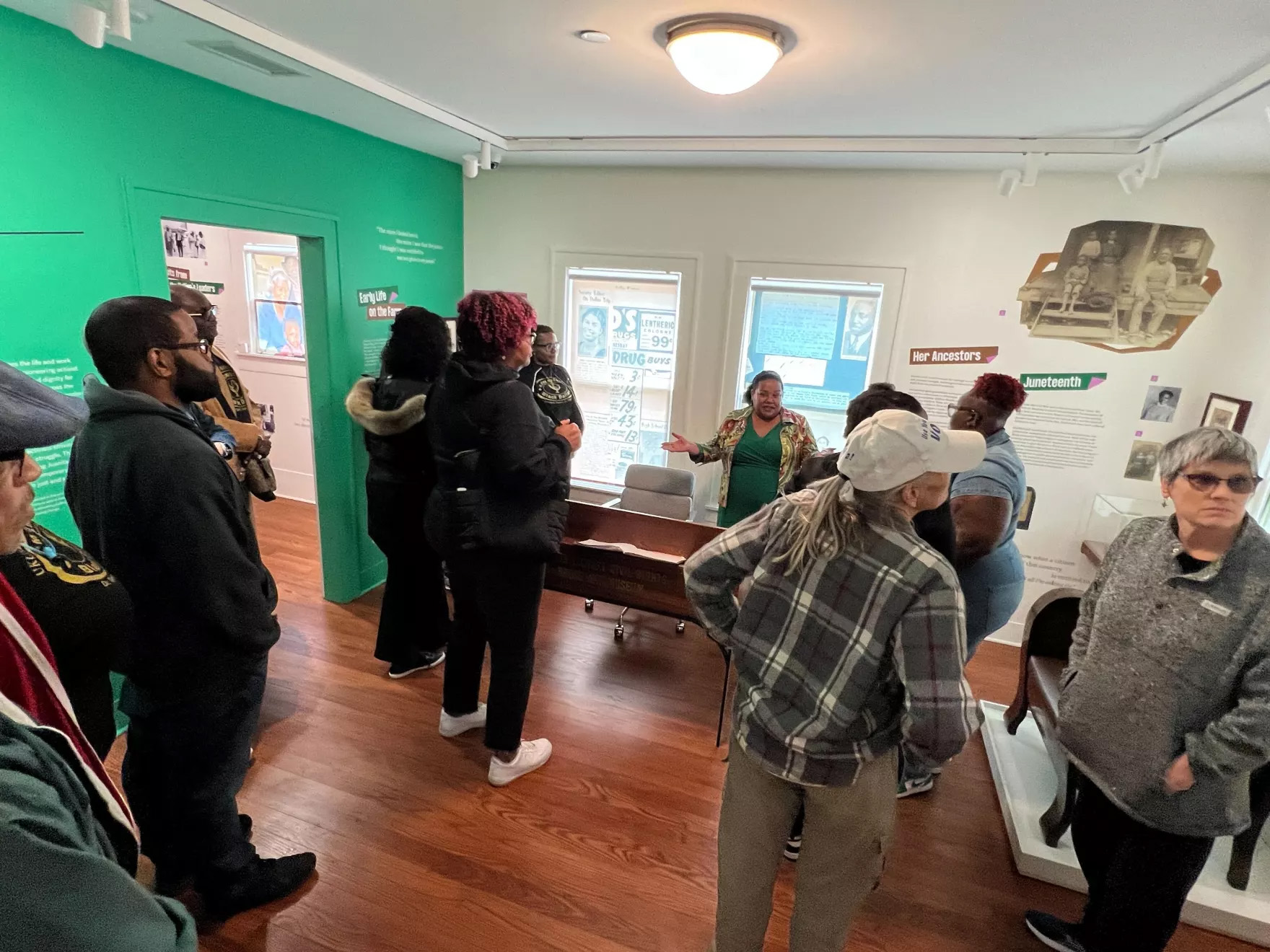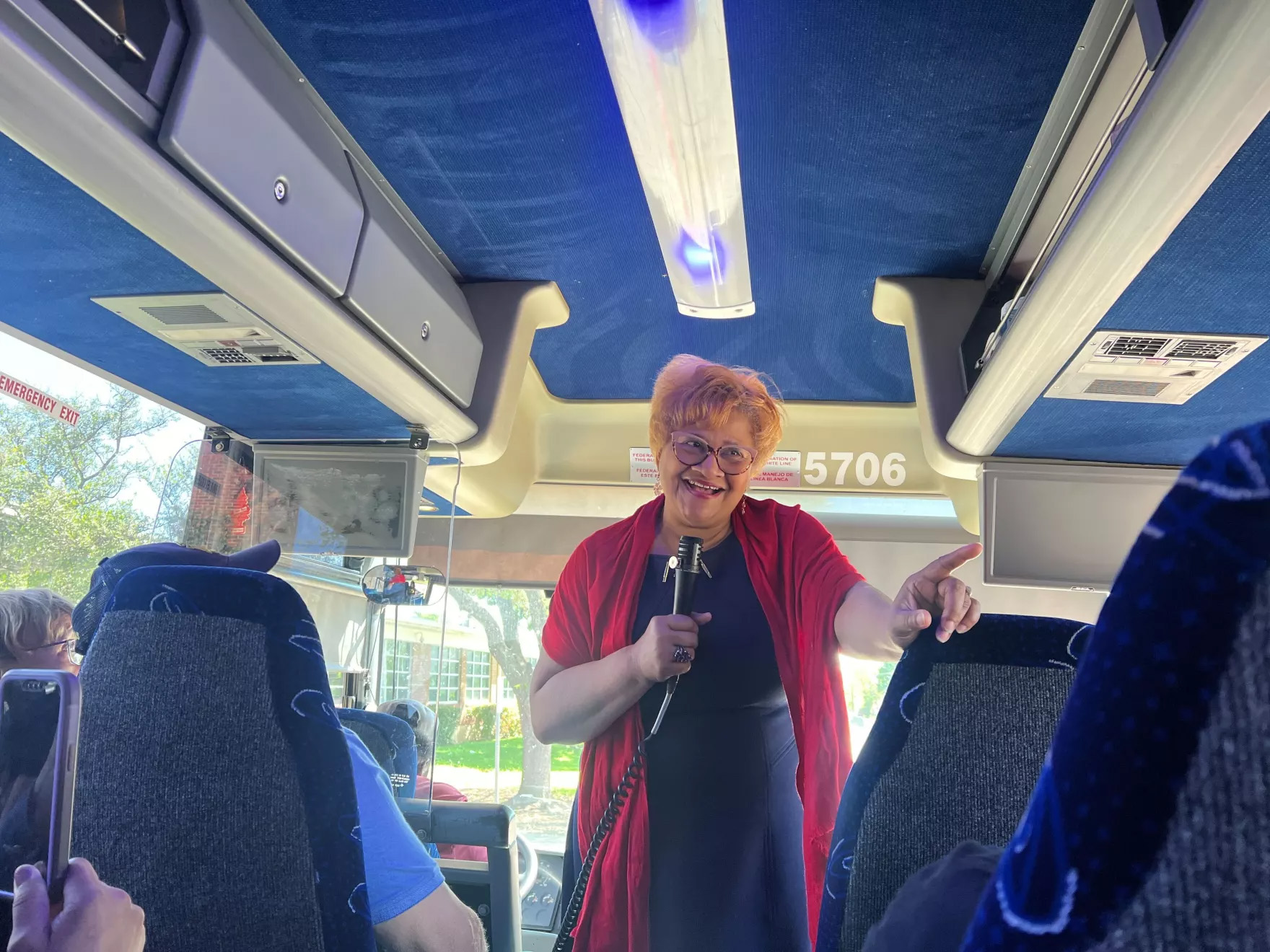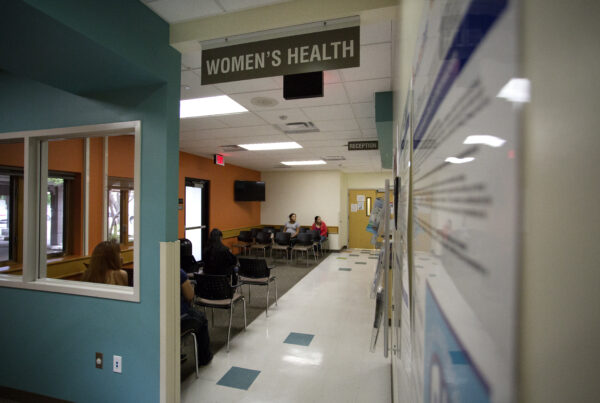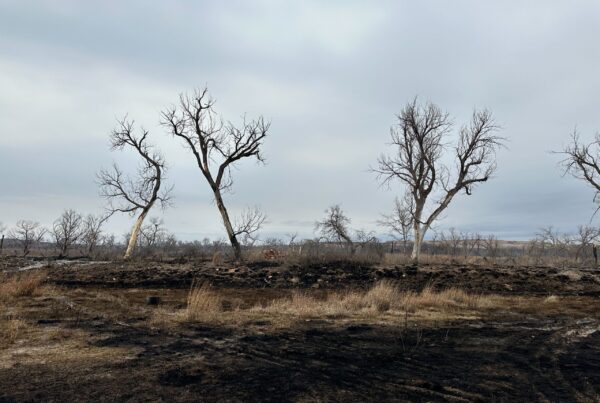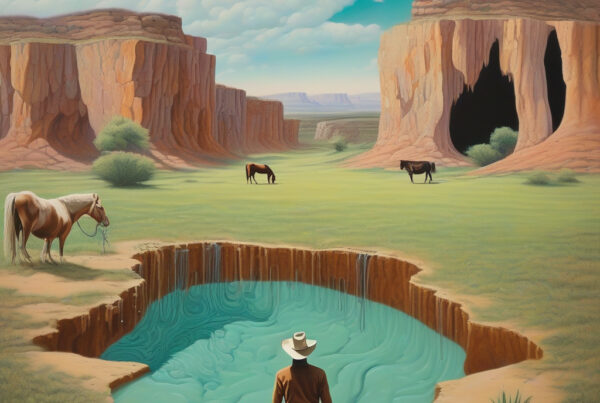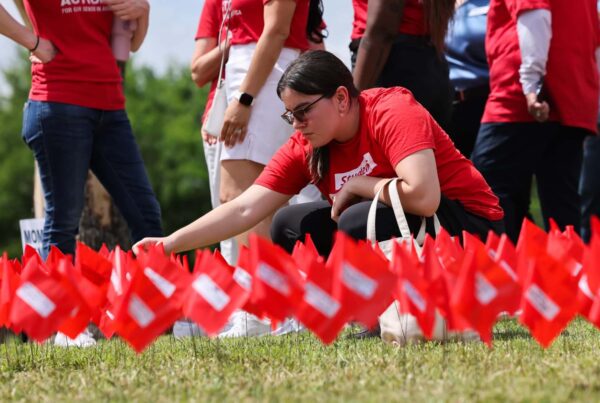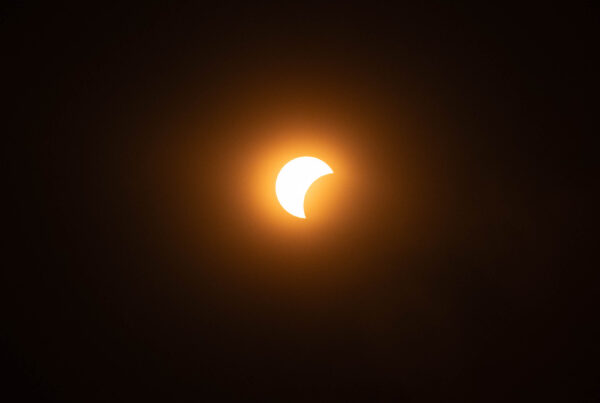From KERA News:
All around Dallas are markers telling the rich Black history that shaped the city: White Rock Chapel, the Pittman Hotel, Keller Springs Road.
But words don’t travel as fast as you think, and some stories are forgotten.
That’s why the historical organization Remembering Black Dallas created a new series of tours — funded partially through a grant from the city’s Office of Arts and Culture — highlighting these and other areas in modern-day Dallas County that were once hubs for the Black community.
“Our main focus is to draw light on the history and of the African American freedom towns, communities and those individuals that others may not know anything about,” said Deborah Hopes, the president of Remembering Black Dallas.
Hopes, a South Dallas native, named the venture the Ukunika Bus and Walking Tour after the Zulu word meaning “to give back.” The monthly tours were an idea first put forward by RBD founder George Keaton, and it was one Hopes wanted to keep alive. They both had the benefit of living through some of that history or were taught stories of a time before them.
“We have others that are from that community, or they had grandparents or relatives that lived in those communities that shared stories,” Hopes said.
She said RBD didn’t start the tours out of fear of forgetting the community’s history, but rather as a chance to relive old memories. She believes this is the first step to recognizing Black history while her peers are still around to educate others.
“History in itself doesn’t change. History in itself remains the same,” she said. “But if you don’t know it, then you are not privy to it.”



